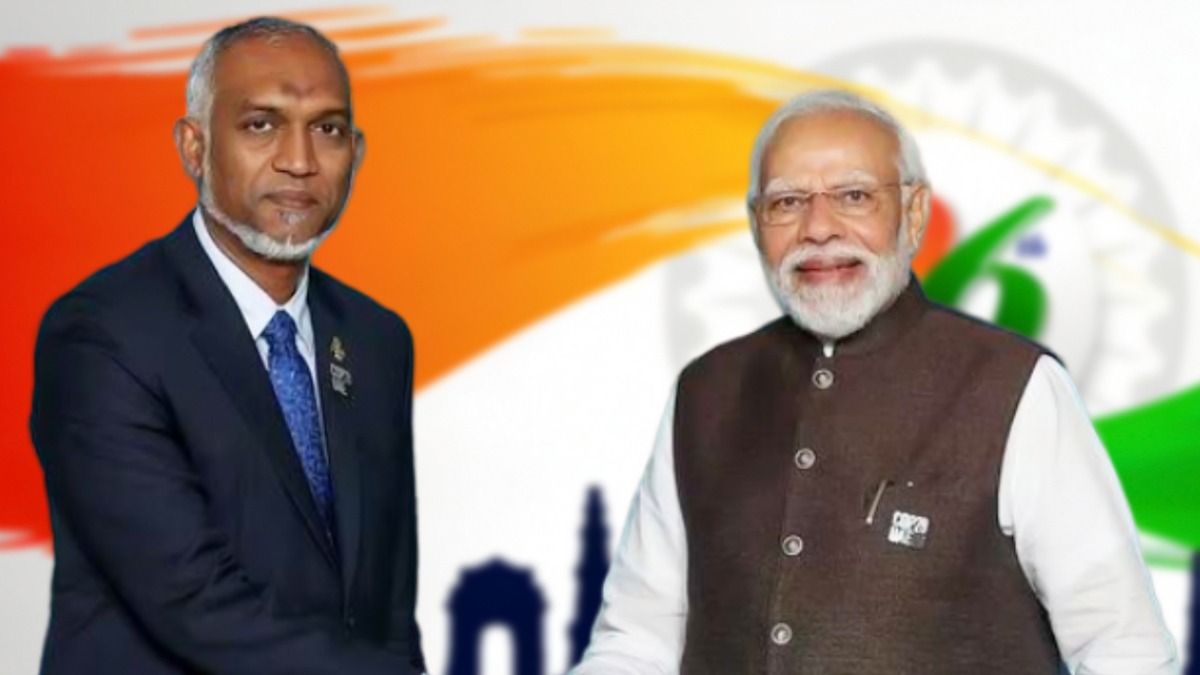NEW DELHI — The atmosphere was electrifying at the grand swearing-in ceremony of Prime Minister Narendra Modi, marking the commencement of his third term. Among the distinguished guests gracing the occasion was President Dr. Mohamed Muizzu, whose presence added a touch of international significance to the event. It was a special invitation extended by the Indian government, reaffirming India’s steadfast commitment to its ties with the Maldives, especially in the face of the Maldives’ mounting economic challenges.
India has indeed emerged as a reliable ally for the Maldives during its time of need. A recent visit by Foreign Minister Moosa Zameer to India resulted in a significant lifeline extended to the Maldives: the roll-over of a $50 million Treasury Bill through the State Bank of India for an additional year, effective from May 13, 2024. This timely assistance underscores India’s unwavering support for the Maldives as it grapples with unprecedented economic difficulties.
Furthermore, India’s gesture of respect for the Maldives’ democratic sovereignty was evident in its facilitation of the transition from military to civilian personnel for humanitarian operations within the Maldives. Additionally, India’s offer to provide training to the Maldivian National Defense Force in operating Dornier aircraft serves as a testament to the depth of the bilateral relationship between the two nations. As eloquently expressed by Minister Zameer, the historical ties between India and the Maldives continue to flourish, emphasizing India’s enduring commitment to its island neighbor.
Amidst these diplomatic overtures, President Muizzu’s appeals to China for debt restructuring have hit a roadblock. Despite the Maldives’ escalating economic woes, China has remained reluctant to consider debt restructuring, citing potential obstacles to future project loans. This stance underscores China’s strategic priorities over the economic well-being of its partner nations, raising concerns about the Maldives’ financial sovereignty.
The Maldives finds itself in dire economic straits, primarily due to its burgeoning Chinese debt, which accounts for a significant portion of its external debt burden. Under President Muizzu’s leadership, the nation has ventured down a risky economic path by awarding numerous projects to Chinese companies under the promise of zero costs. However, the reality has been far from reassuring, with the Maldives forced to offer long-term leases on its lands to China, sparking fears of sovereignty erosion.
The severity of the situation was underscored by a stark warning from the World Bank regarding the Maldives’ risk of public debt distress. With staggering debt levels and dwindling foreign reserves, the Maldives faces an uphill battle to maintain financial stability.
As the Maldives grapples with these economic challenges, the decisions made by President Muizzu’s administration will have profound implications for the nation’s future. The choices ahead will shape the economic trajectory of the Maldives, determining whether it emerges from this crisis with its sovereignty intact or succumbs to the perils of China’s debt-trap diplomacy.
In light of these circumstances, it is imperative for the Maldivian government to reassess its economic strategies, prioritize fiscal responsibility, and foster strategic partnerships that safeguard the nation’s long-term prosperity. Diversifying economic partnerships beyond China and strengthening ties with dependable allies like India could offer a path towards economic resilience and sovereignty preservation for the Maldives.
The presence of President Muizzu at Modi’s swearing-in ceremony symbolizes the enduring bond between the Maldives and India, a relationship rooted in shared values and mutual support. As the Maldives navigates through these turbulent economic waters, India’s unwavering friendship serves as a beacon of hope, offering assistance and solidarity during the nation’s time of need.










